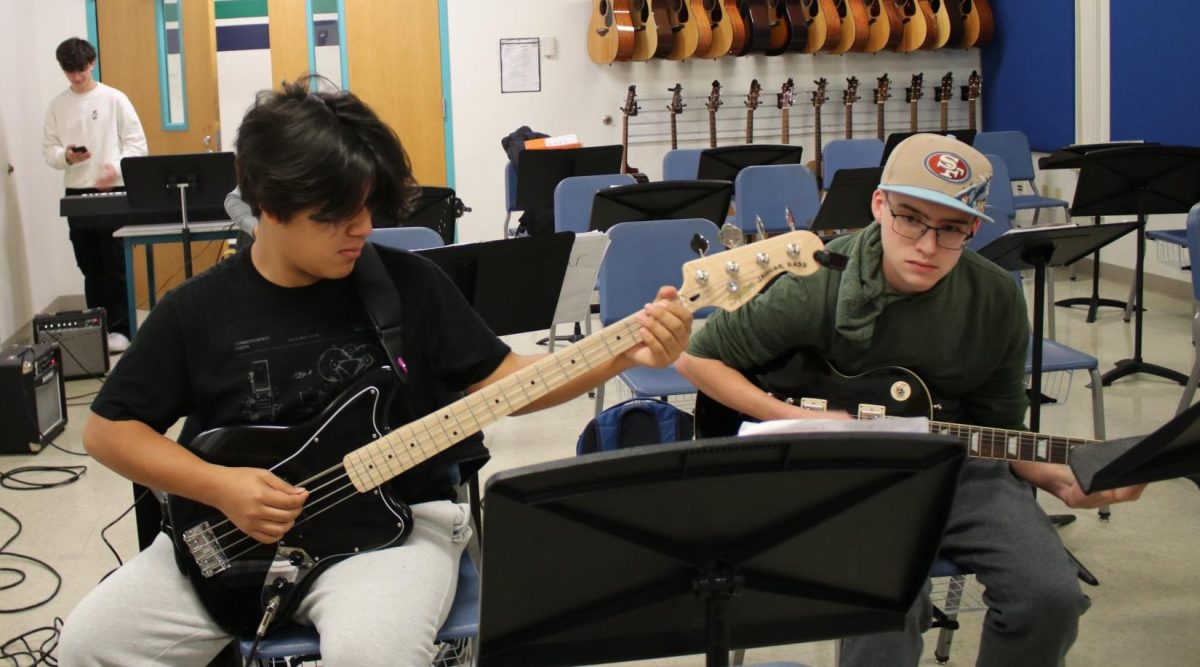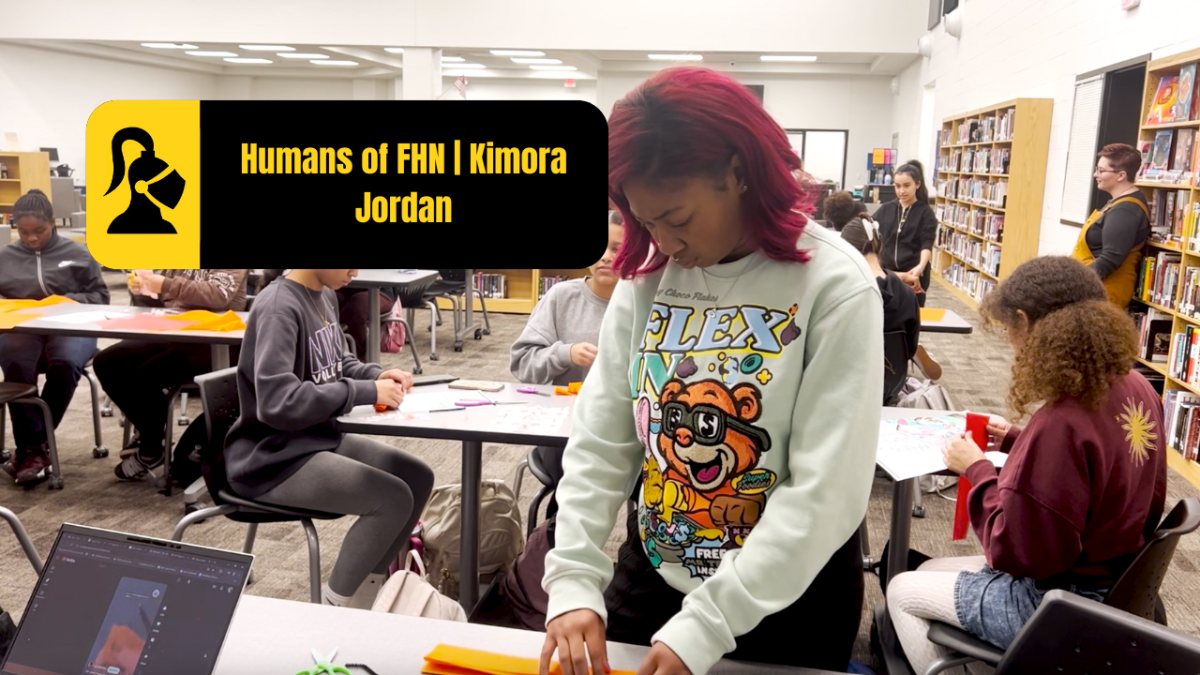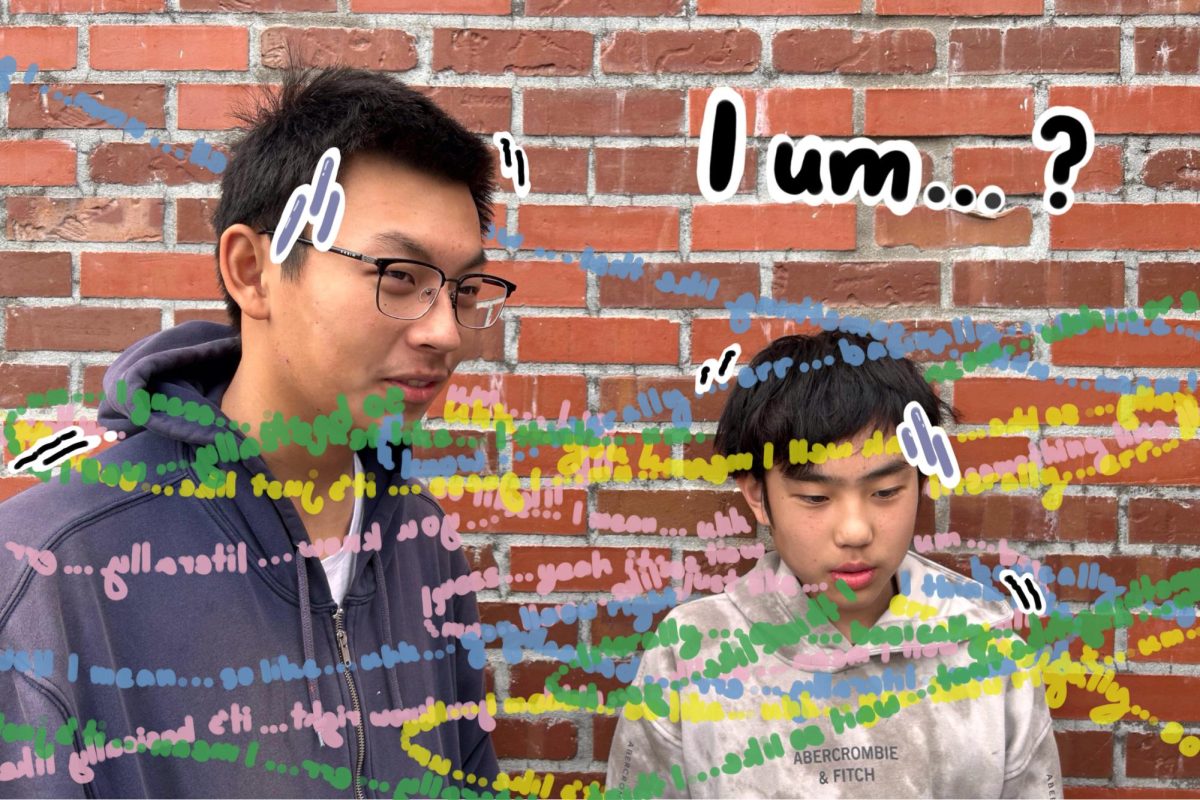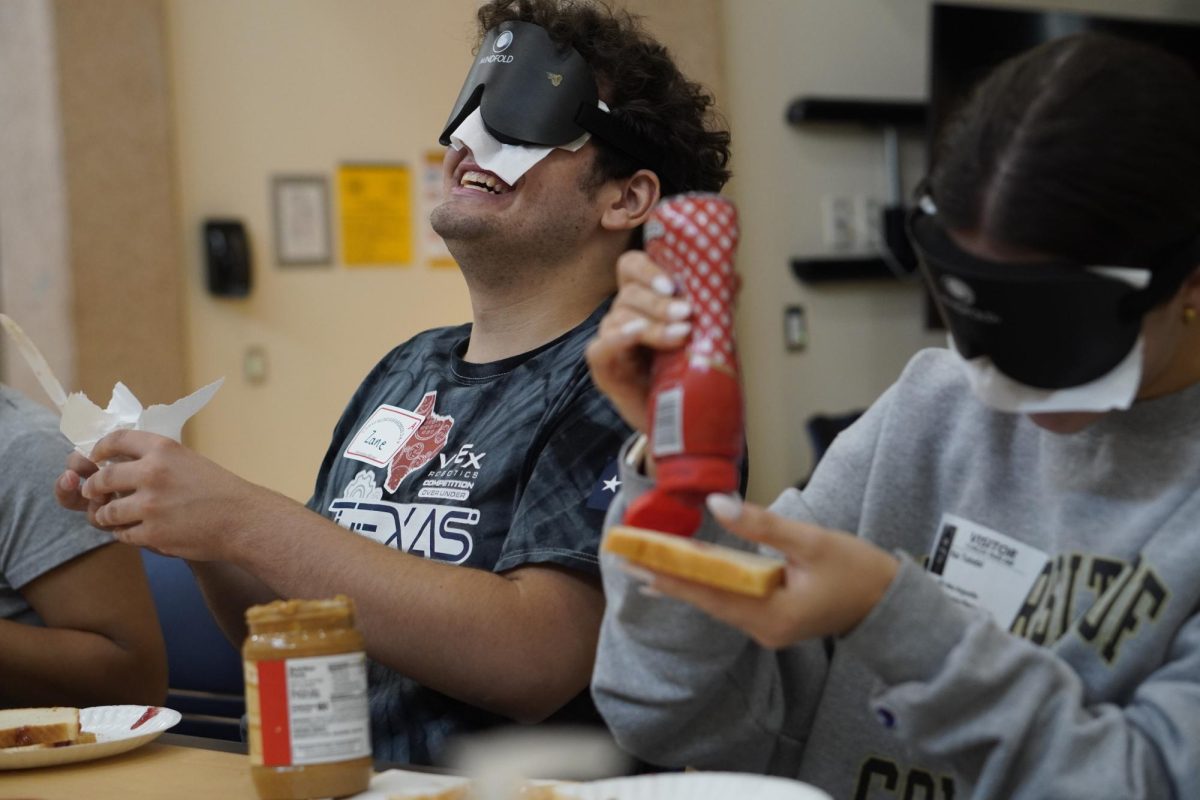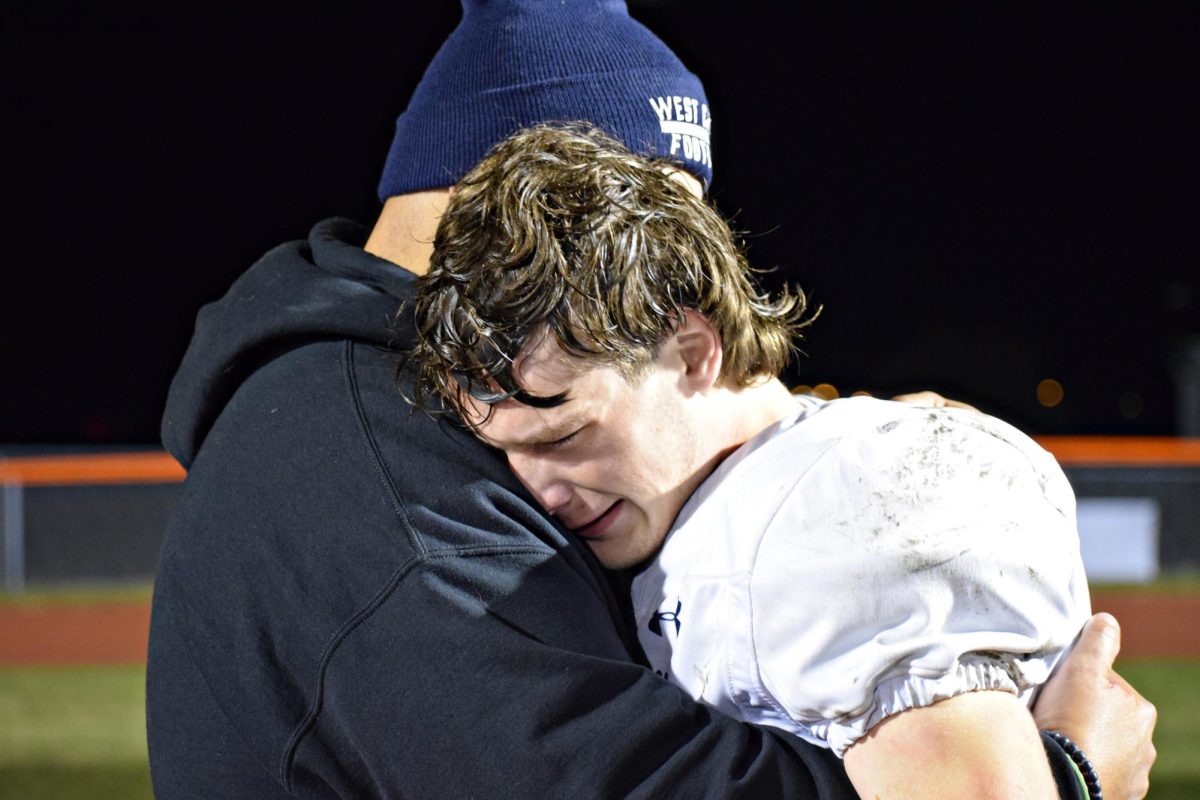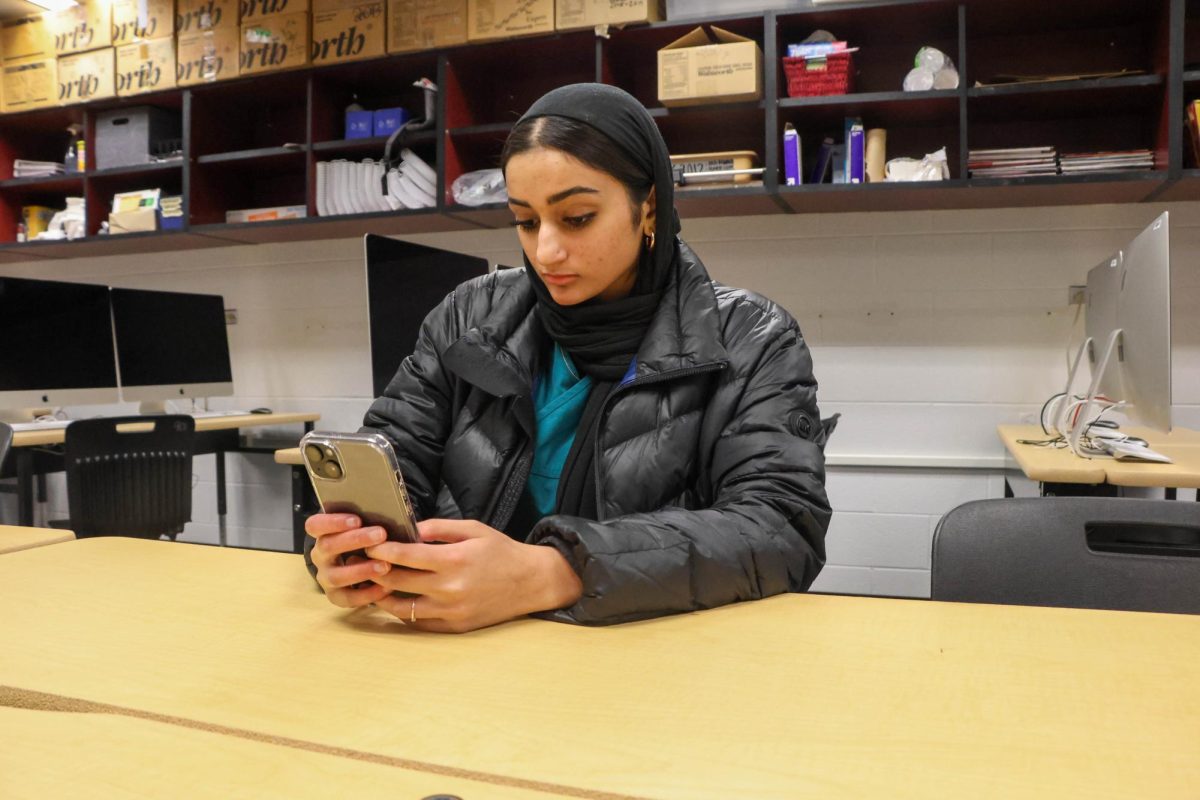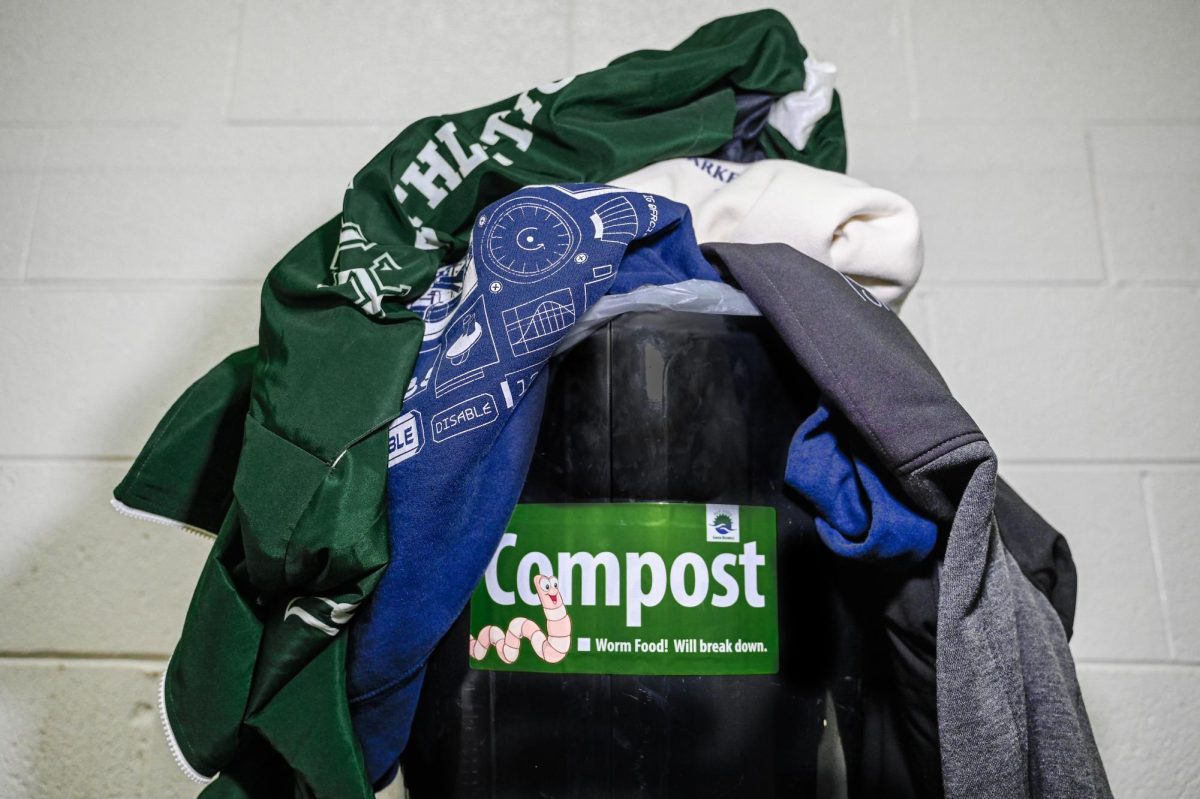Living in an era where social media and the internet can serve as platforms for self-expression, high schoolers often find themselves navigating between showcasing their authentic selves and maintaining a positive digital reputation. The effect of digital footprints can be intense, particularly at the academic level when heading toward the path of college admissions.
Boston University’s Kansas regional representative Evans Naquin explained the role of a student’s digital footprint in the college admissions process. He said the average applicant will not have an admissions officer look over their digital footprint.
Due to the number of applications received by colleges like Boston University, looking up every applicant would cost admissions officers time they do not have. However, Naquin emphasized that this does not mean digital footprints are inconsequential.
“If someone gets their admission offer rescinded because they posted something problematic, people hear about that. That puts the idea of, ‘Oh my gosh I have to be so careful what I post,’” Naquin said.
Naquin said that he would not advise students to think they can post whatever they want without the possibility of colleges finding out.
“I would not use that as a, ‘No-one-looks-it’s-fine’ pass to post whatever you want,” he said.
Social studies teacher Rob Meacham said that applying for jobs and colleges looked different when he was younger and it was a much simpler process back then. He said people his age did not have to worry about their digital footprint or the possibility of colleges finding a post that would affect their chances of getting in.
“It’s definitely an added step that they look at with kids and getting into colleges. The process was a little bit simpler back then to get into school,” Meacham said. “I wasn’t held accountable for any misspoken words that I would have said growing up because nobody knew,”
Career and Technical Education teacher Erin Izzo said along with the rise of social media came mixed thoughts about one’s digital footprint.
“With the advent of social media, it’s become much more prevalent. People might post something they think is funny and not really think too much about it,” Izzo said.
Izzo said people will often forget their posts are still out there and can be found with a Google search. A seemingly harmless post might be something that causes offense to another person, or it could be something that is counted against an individual when they are applying to jobs and schools.
However, Naquin said there seems to be a level of indifference among teens when it comes to their digital footprint.
“Teenagers are inherently bigger risk-takers than anyone else. [Teens] don’t have the mental capacity to weigh risks and benefits,” Naquin said. “Some people tend to have the mental model of ‘no one’s ever cared before. Why would they start caring now?’”
Although Meacham tends to share very little on social media beyond information on the golf team or a family picture, Meacham said that it is difficult to know how he would have acted with social media as a teenager.
“I know who I am with it now… but it could have been totally different back then. I can say, I wouldn’t have done anything stupid, but who knows?” Meacham said.
Though a digital footprint may not be checked on average in the admissions process, there are cases where a student’s digital footprint has been checked in instances of students posting hateful content and it getting back to the college. For example, if a student were to post something racist or homophobic and the college found out about it, the admissions office would verify the post via an outside source, like a school counselor.
“If we see a screenshot of a tweet, and it’s got the same first and last name of the student and even a profile picture, we can’t then just take that at face value. We have to say to the counselor, ‘Hey, is this actually that student?’” Naquin said.
If the post were to be verified, a discussion with a committee would take place to decide a course of action.
When it comes to deciding what constitutes canceling someone, senior Wania Munir said that it comes down to the ‘isms’ and the ‘phobias.’
“I feel like one of the appropriate times to cancel someone is when they’re saying derogatory things and when they’re saying slurs, whether it be like, racial slurs or just like any slurs. When they say anything that has to do with like, homophobia, Islamophobia, racism, sexism, like all the phobias and the isms. Like, that’s when it’s appropriate to cancel the people,” Munir said.
According to senior Roy Muchori, with an increase in social media there also comes an increase in keeping a strong image through your online presence.
“You can’t be going out every night posting pictures and videos of you smoking and drinking and thinking this won’t affect you in your life. I’m very aware of my social media footprint. I keep everything I do super private,” he said.
Muchori said that he has grown to be more exclusive with his presence on the internet, especially on TikTok to keep from being viewed poorly.
“Sometimes I’ll repost some wild things on TikTok just because I thought they were funny,” Muchori said. “And then like 20 minutes later, I’ll be like, ‘Oh that’s probably pretty stupid.’ It has my name on it. I can’t have people thinking that I support this or that I do these things.”
Despite having his own social awareness, Muchori said that he often finds that high school students tend to forget about the repercussions of posts; however, he said that he finds the consequences more extreme than necessary.
“There’s going to be something you said or something you did that people aren’t happy with. Everyone’s done a bad thing in their life,” Muchori said. “If we put everybody on blast for small mistakes they make and don’t allow them to learn and grow as a person, I feel like that says more about the people canceling than the person who got canceled.”
Munir similarly expressed this as the excessive need for privacy is unfair and has become too much.
“On TikTok, I swear people are so sensitive. Either you’re politically correct, or you’re not. And we’re at this point where you’re not even allowed to have your own opinion. If you have an opinion, that’s not like the public’s opinion…you might as well be the most horrible person on the planet,” Munir said.
Additionally, Munir said she believes people should not go around and cancel others for minor things.
“Someone’s not gonna like something someone has to say about something. I can’t cancel you for saying, ‘Your shoes are ugly,’ like OK, whatever, you think my shoes are ugly, no big deal. But if you say, ‘Oh my God, you’re a terrorist,’ I think I’m gonna have to cancel you,” Munir said.
Naquin said that living in the time of cancel culture is especially scary because of the disproportionate responses that one can receive. Though Naquin said it is advisable to have a little bit of caution, living in a society of cancel culture has become perilous.
“Everybody’s kind of on edge, like, ‘Oh, anything I post could be taken and made much bigger than it is,’” Naquin said. “I will say it’s a good attitude to be a little paranoid about it because you are going to have to worry about it at some point, but I think living in cancel culture is a big [thing] that makes people very scared.”
The culture of digging deep into another person’s posts with the intention of finding “dirt” on the person feels judgemental at times, Meacham said.
“To me, it feels like you’re judging people by something they said when they were a different person,” Meacham said.
However, Meacham also said that his feelings on the matter change depending on what exactly the situation is.
“If it’s a serious screw-up on the person’s part, if it’s like, ‘Wow, that kid was really immature,’ then yeah. But [if] they’re 30 now and they were 14 then, I don’t know if they should be judged by that,” Meacham said.
According to Izzo, posting questionable and possibly harmful content seems to be easier because when faced with a screen instead of a face it’s easy to forget the impact such content may have on someone.
“It’s not as personal when you are not looking somebody in the eye, and, you know, have a statement to make and you just have a keyboard. You might not think through what the implications of what you’re saying are,” Izzo said. “Sometimes it’s easier to be impulsive when you’re just typing as opposed to looking at somebody’s face and reading the emotion on their face when you’re talking to them.”
Additionally, Muchori said there is a line that people need to be careful of crossing when posting on social media.
“You can share your opinion online. You can give these hot takes online. You can express yourself freely. Freedom of speech does not mean the freedom of not receiving repercussions for the things that you have said,” Muchori said. “At the end of the day, you have to realize that you can have consequences for the things that you say.”
On the other hand, Munir said respect should be something that’s a given and an act of disrespect should not be so easily forgiven.
“It’s not that hard to respect people’s identities and respect people’s race and culture. You don’t have to be making derogatory comments,” Munir said. “You don’t have to be saying derogatory things, like racial slurs. Like you’re not an idiot. You know what that word means. And you know why that word is not good to say. So, grow up.”
Izzo said it is important to remember that once you type something into a computer and hit save, it is semi-permanent.
“Anything that you type onto a screen and hit submit is saved somewhere,” Izzo said. “You may believe that you have deleted whatever that information is and you don’t see it anymore, but somewhere it is still saved even years later.”
If the post has been put out on the Internet, there is very little a person can do to completely erase its presence, Naquin said.
“Once it’s out there, it’s out there—which is kind of a scary concept. Once you tweet that tweet and someone takes a screenshot…it’s out of your hands,” Naquin said. “That’s why you have to be proactive on the preposting side of things. You shouldn’t be posting things you wouldn’t want an adult to see.”
According to Muchori, the way to combat negative consequences regarding social media posts is simple.
“Think to yourself before you post…‘Could this destroy my life?’” Muchori said. “‘Could this small insignificant thing that I say on Twitter mean something?’ ‘Could this come back to bite me…later?’”
Munir stated that if you believe you are innocent, the best way to go about it is to simply step back and ignore it.
You don’t owe the public anything and you’re not forced to give them any sort of reasoning for why you do what you do.
Furthermore, it is possible to be negative on the internet without incurring negative consequences. Naquin said that, for example, a student proclaiming that they do not like their school is a valid opinion they can share on the internet.
“I think you can be negative on the internet and not lose the integrity of your digital footprint,” Naquin said. “If what you’re posting is not portraying you in a positive light, that’s when you need to be concerned.”
Past the preposting side of things, it is possible to build and maintain a positive digital footprint.
“Posting about the good, [like] whatever volunteer type opportunities you might be involved in, would definitely increase the positive nature of your digital footprint,” Izzo said.
According to Naquin, having a neutral footprint, like running a makeup account, is positive. In addition, it is not necessarily hard to maintain your positive digital footprint.
“It’s very possible to have a positive digital footprint,” Naquin said. “If you’re quoted in an article in your school newspaper about academic integrity, or you’re on your local news for holding a food drive, or something, that’s a really positive digital footprint.”
This story was originally published on BVNWnews on January 19, 2024.

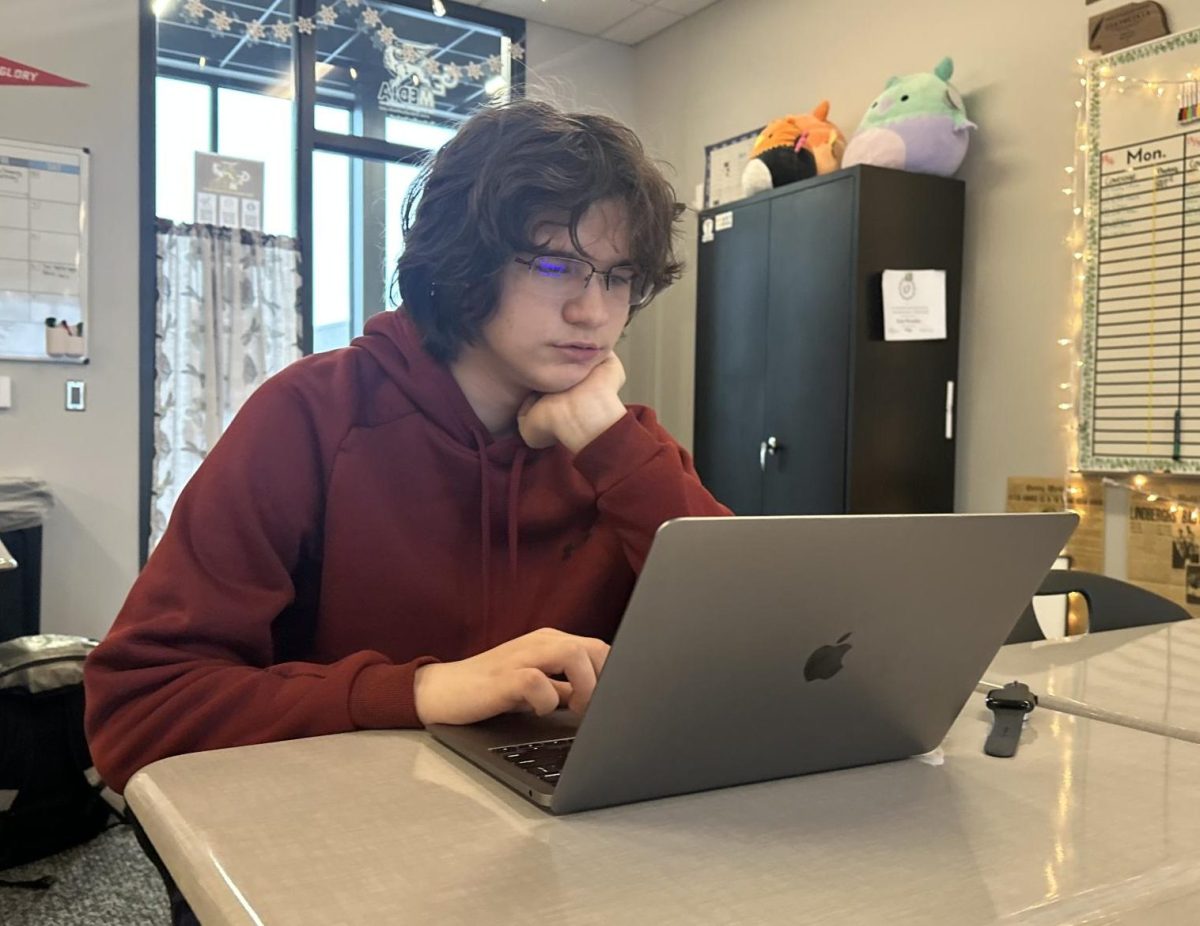




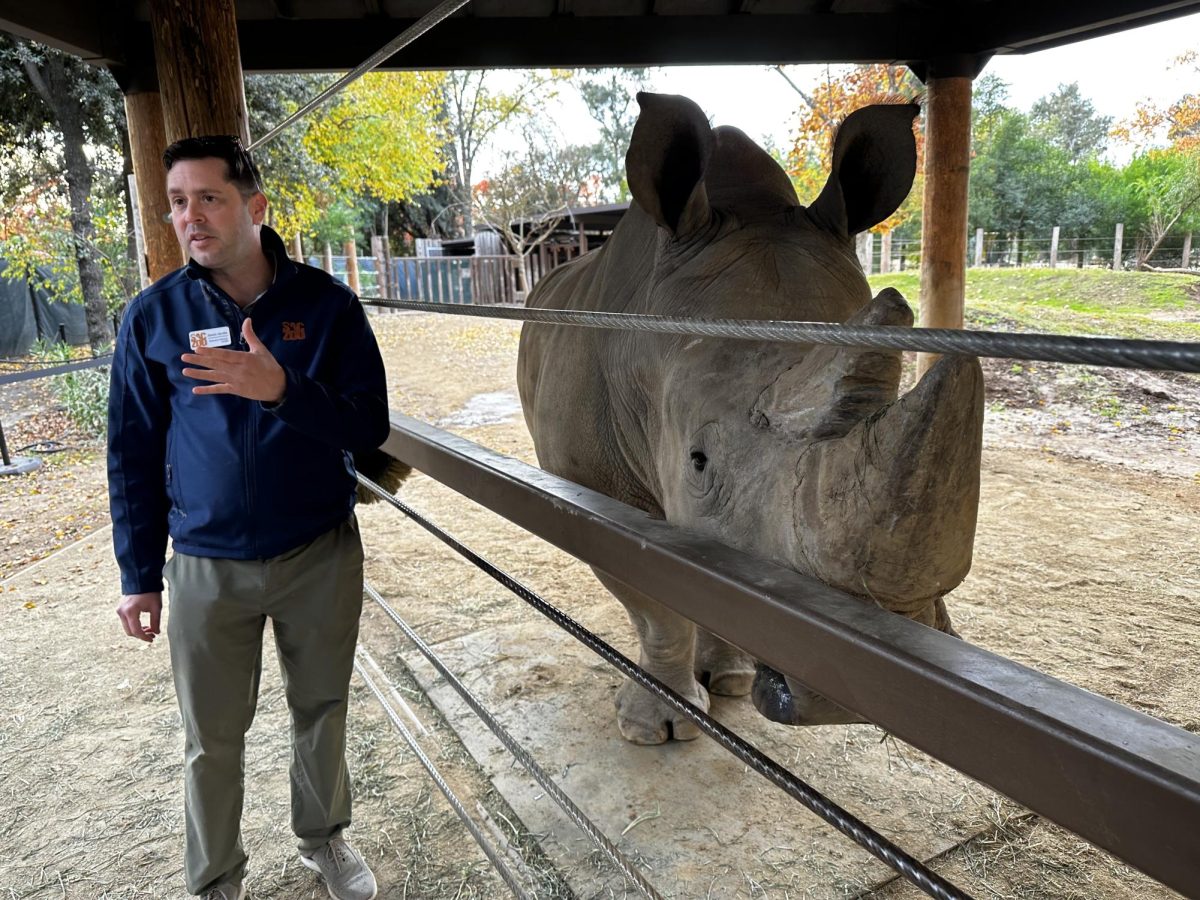



![Adding a tray of canned corn to the pile, junior Michael Collop assists in transporting donations for the Holiday Food Drive. The event, hosted schoolwide from Dec. 10-17, raised over 5,000 food items to deliver to the Parkway Food Pantry, helping several families in need. [The drive] is a great thing for us to do because you're giving to those who are less fortunate, and it helps provide for people who can't provide for themselves. [The] competition is always fun, too. It was fun to be in [social studies teacher Jess] Chazen’s class, because he always gets worked up over [the competition]. He made it exciting, and was always convincing us to turn in cans for the drive,” Collop said.](https://bestofsno.com/wp-content/uploads/2024/12/feature-photo-unsung-2.png)



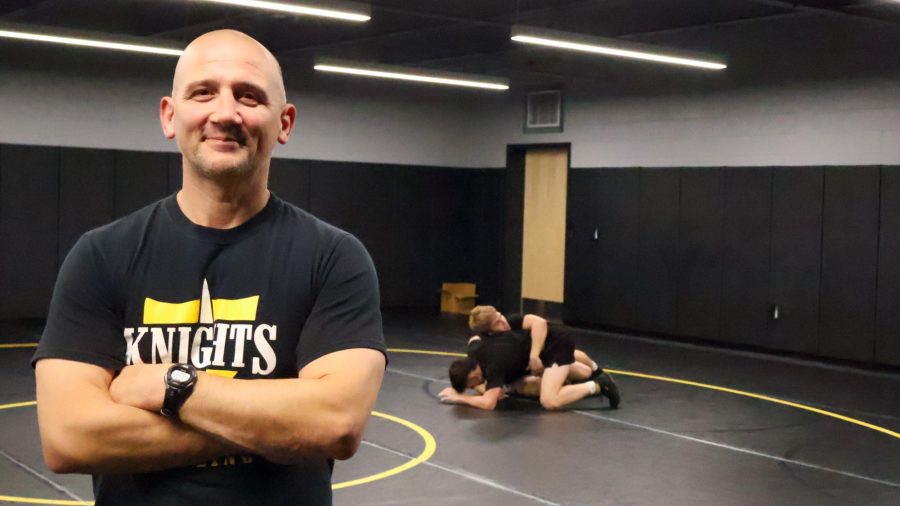
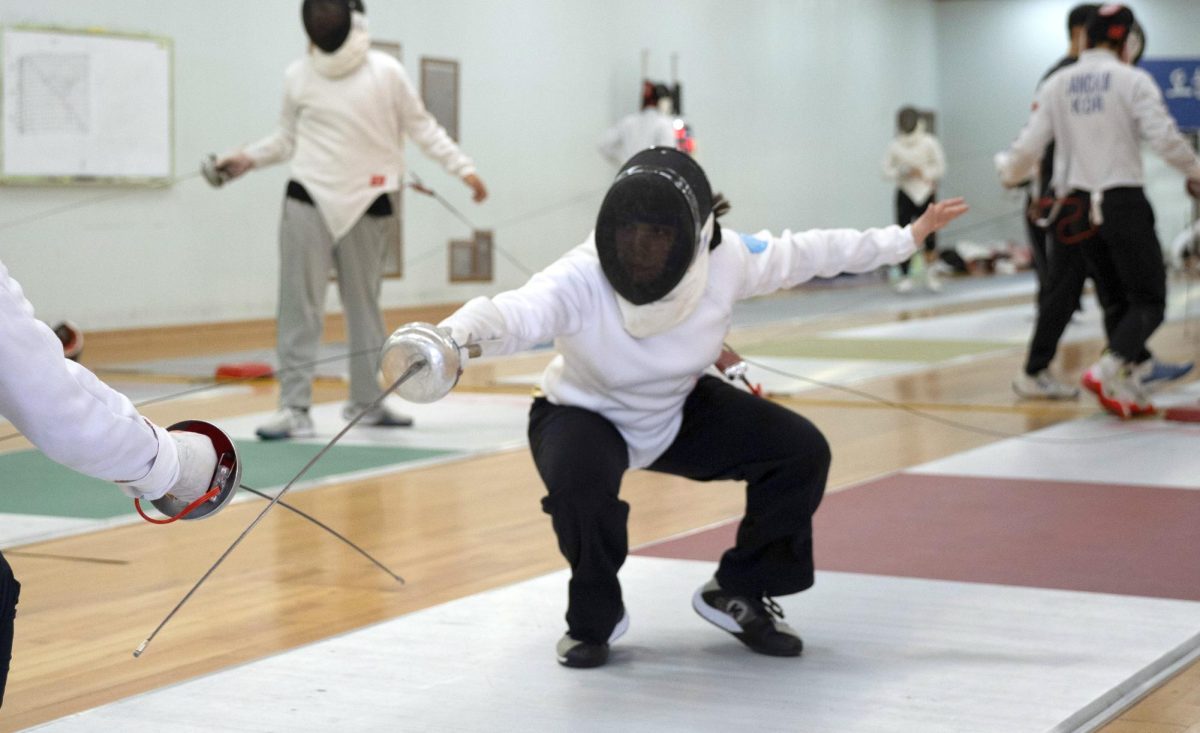

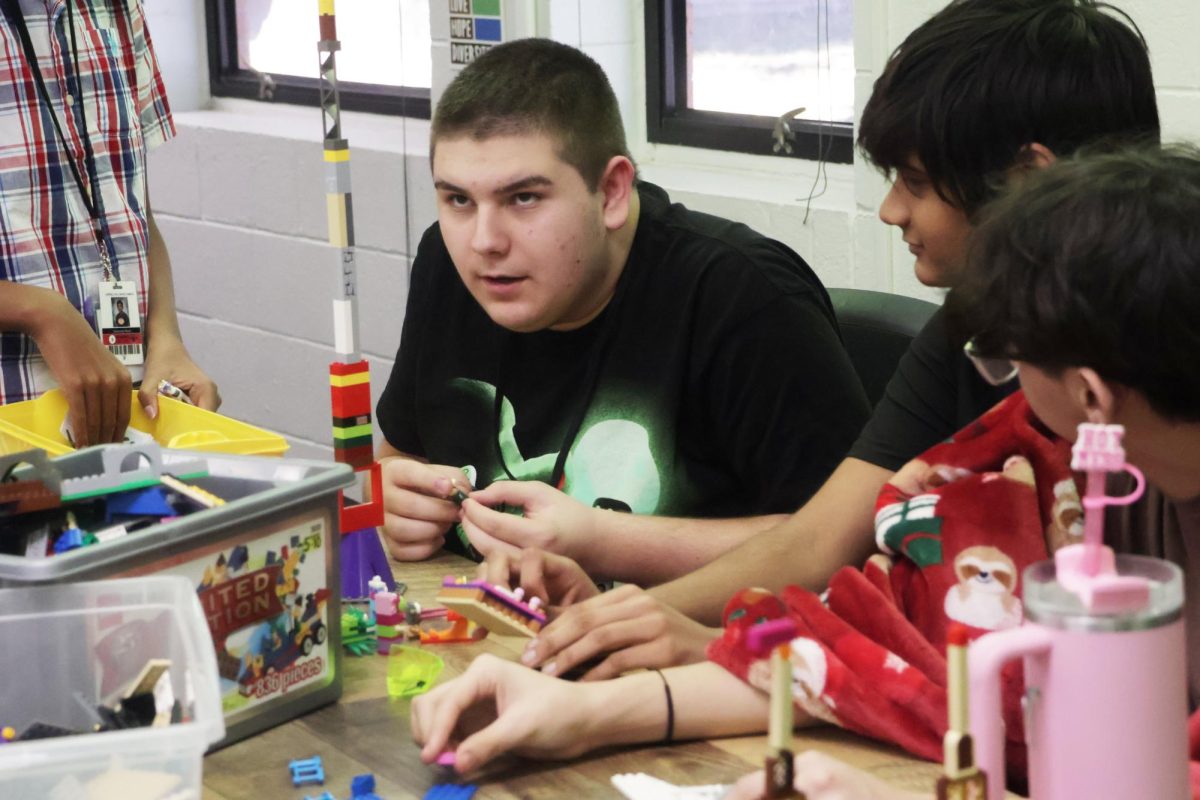

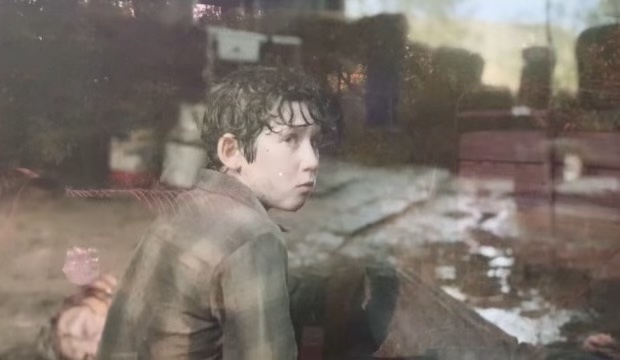
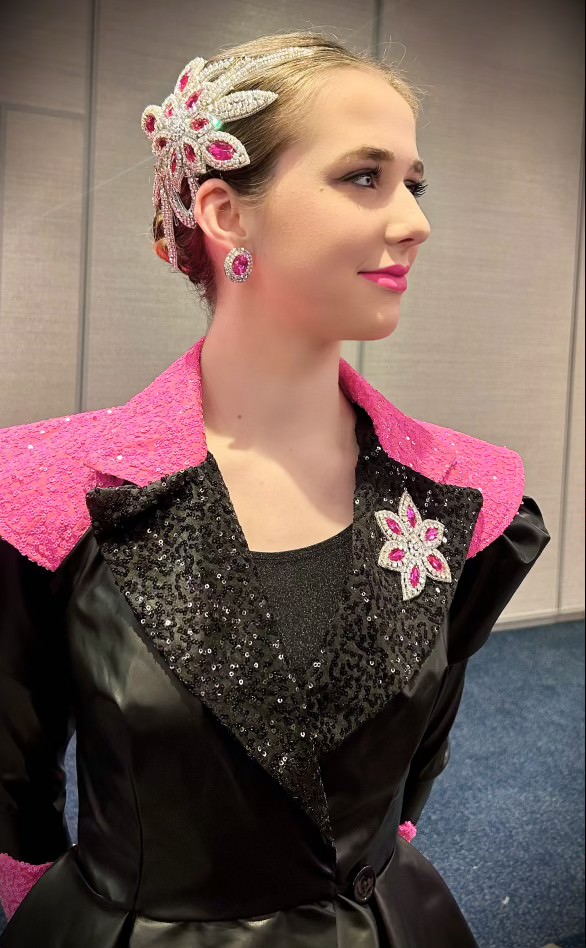
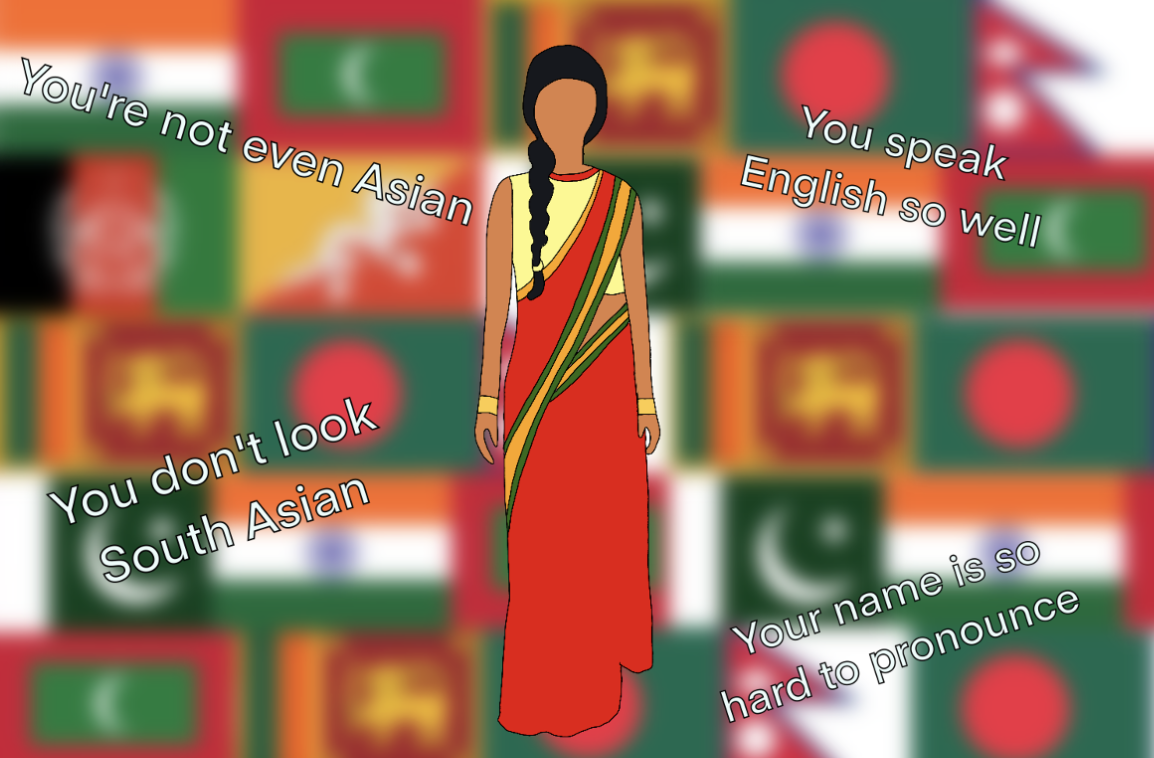
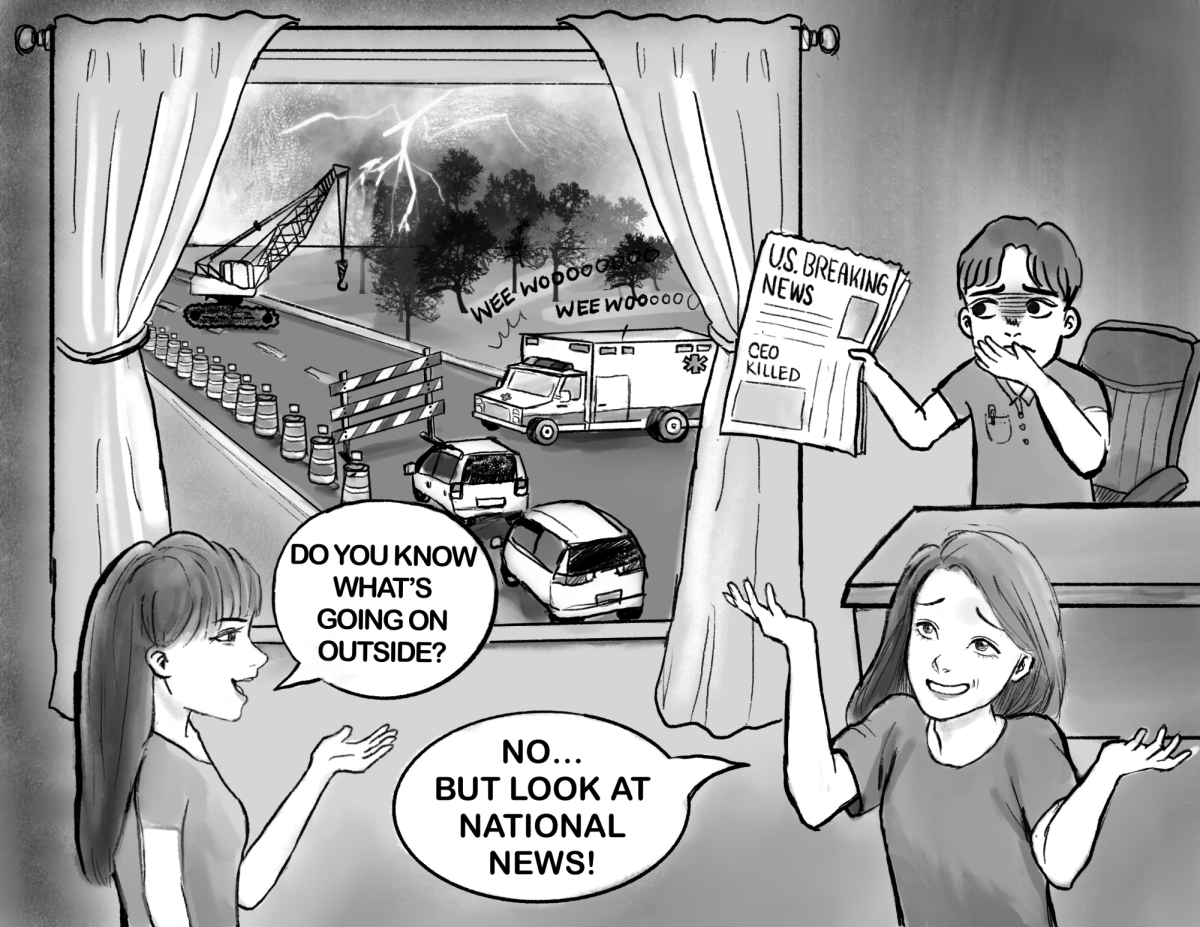
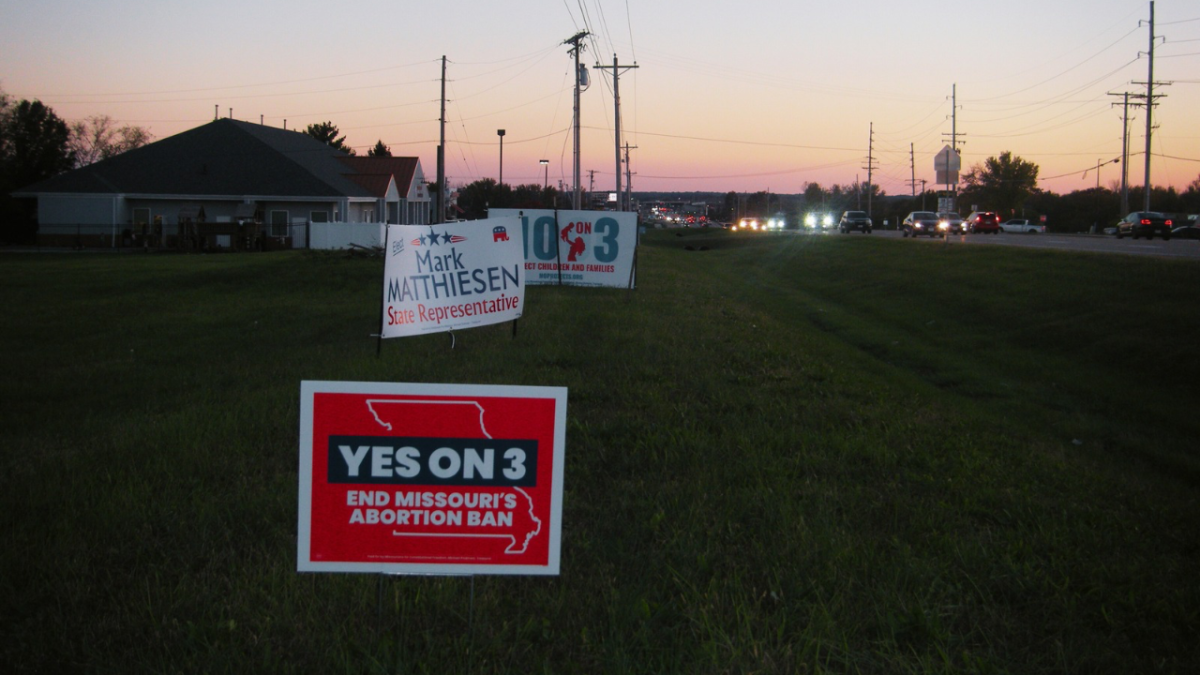
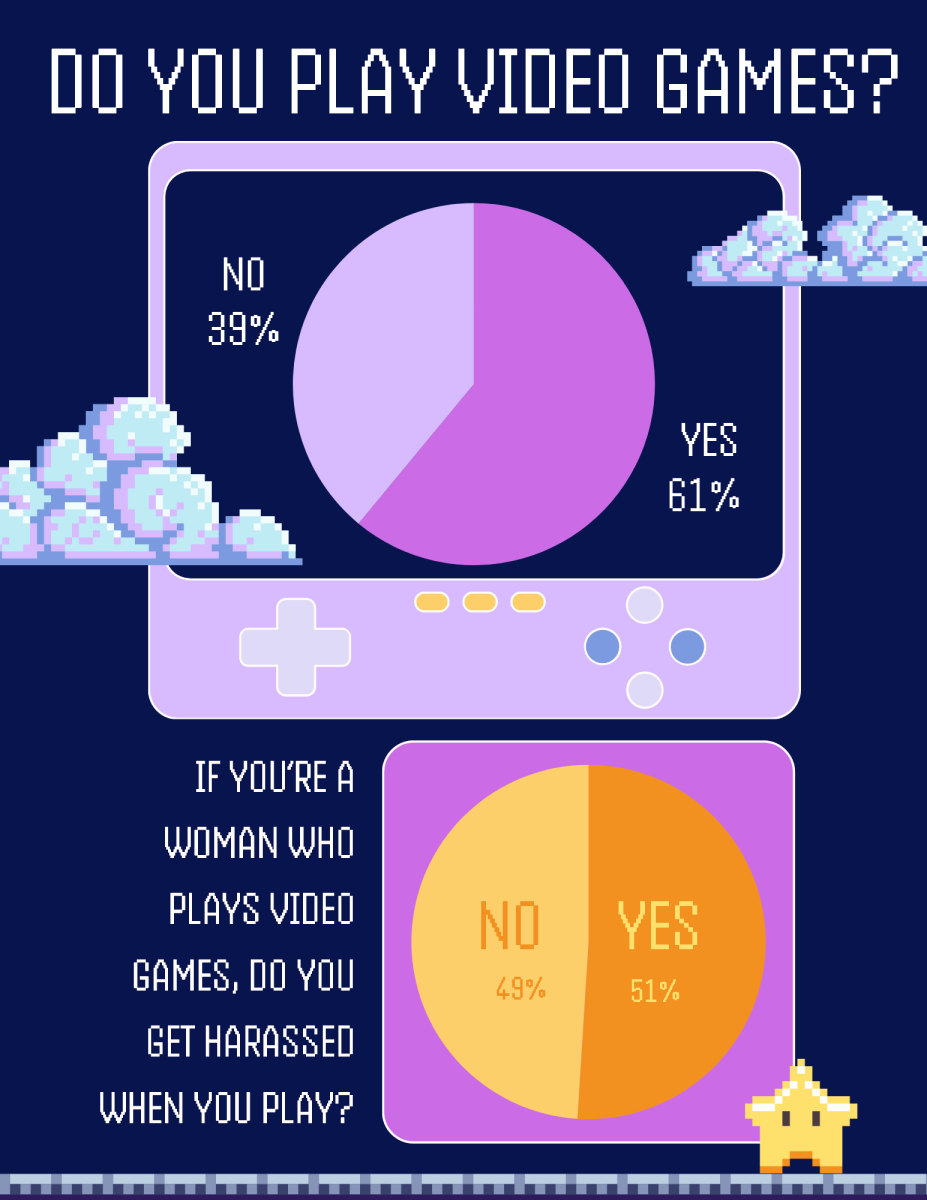

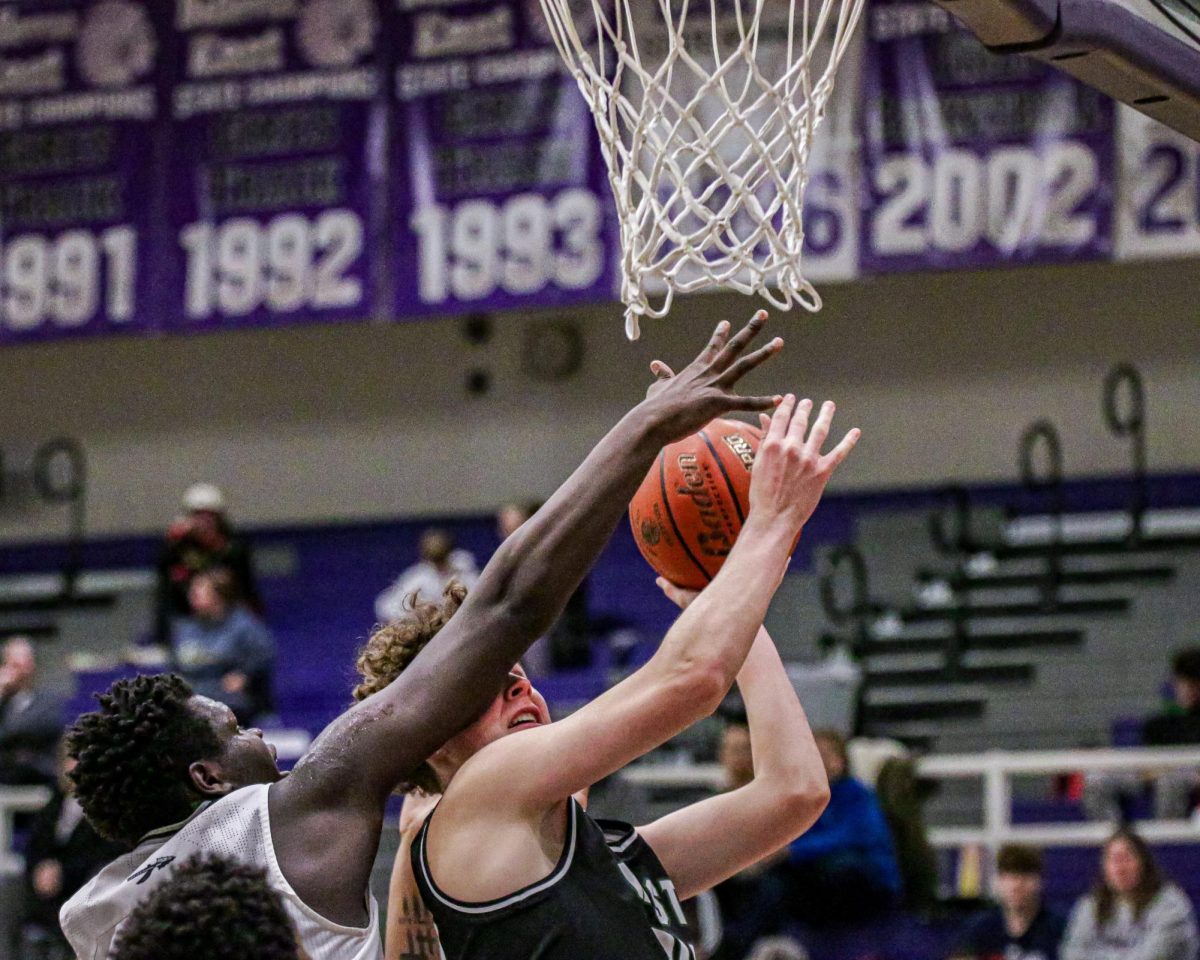
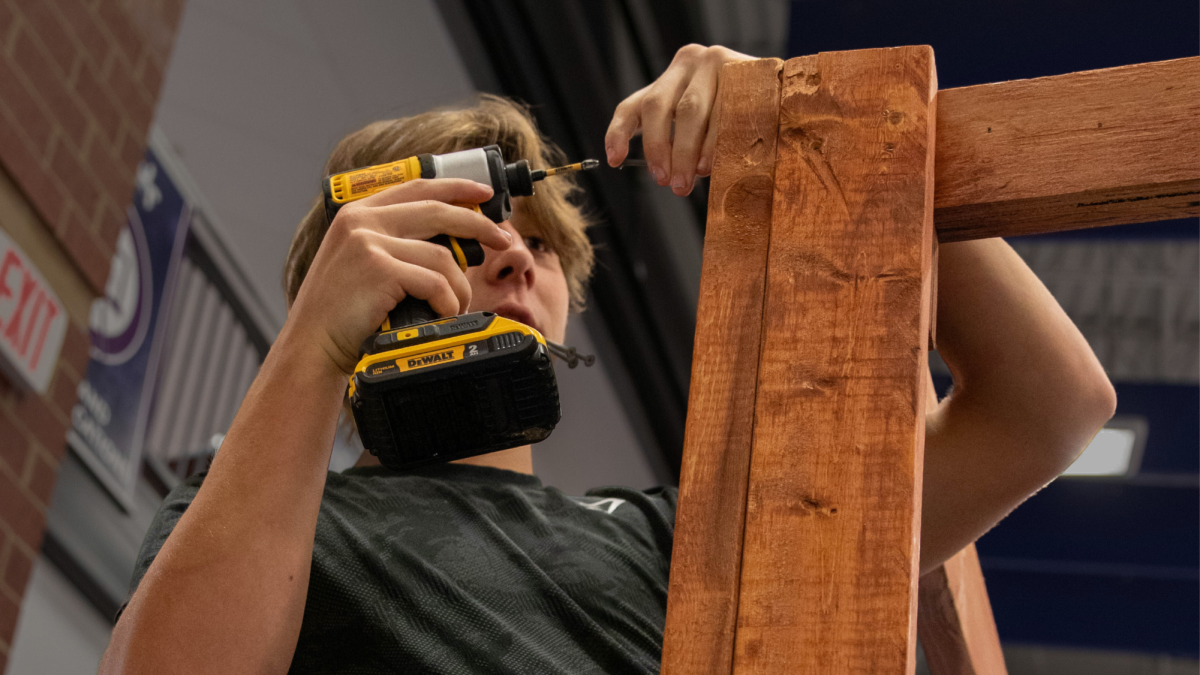
![NEW CHALLENGE, NEW TEAM MEMBERS: Every season, VEX creates a new game that robotics team members are faced with and have to build a robot to compete in. This year’s game forces students to create a robot that is able to stack rings onto mobile goals in order to score points. The change in games each season is something that robotics teacher Audrea Moyers appreciates.
“One of the things that I like about VEX is that they have a new problem to solve every year,” she said. ¨Even though the equipment’s the same, they have to analyze the game, and they have to come up with solutions that are unique that year. They are using their knowledge from prior years, but they have to kind of redesign a problem.”
As returning teams were faced a new game, some new teams and members had to adapt to a uncommon playing field and game.
“Three of our four teams were competing for the first time this year, and they had very different experiences match to match, so I think they learned a lot,¨ she said. ¨It’s hard just watching a video online to know how it’s actually going to be in person, so they all learned a lot about what gameplay is like, how to work with an alliance partner [and] how to adapt during the day to changes.”](https://bestofsno.com/wp-content/uploads/2024/12/IMG_9283-1-1200x800.jpg)
